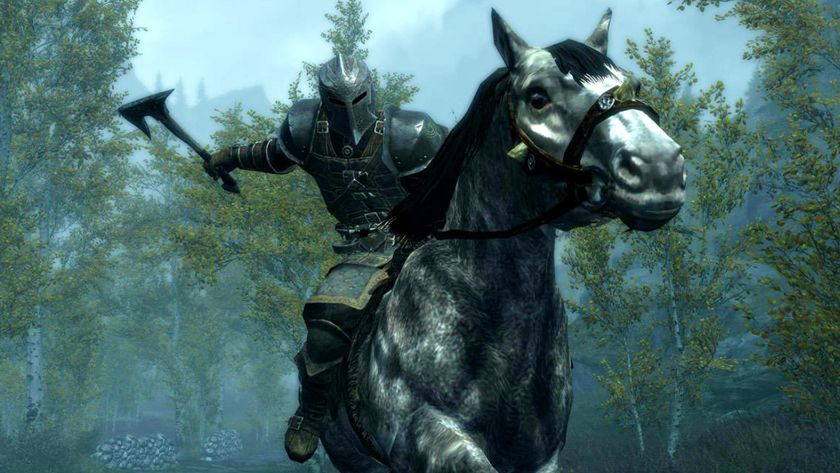1995: Underground (Emir Kusturica)
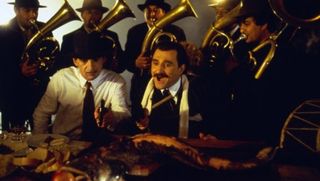
Earning Kusturica a second Palme dOr, Underground is a sprawling 167 minutes about the deterioration of a friendship told in three chunks: World War 2, the Cold War, and the Yugoslav Wars. Starring Miki Manojlovi and Lazar Ristovski, the two pals initially profit from manufacturing weapons for comrades, but an ideological disagreement (and the stealing of a girlfriend) tears the pair apart.
1996: Secrets & Lies (Mike Leigh)
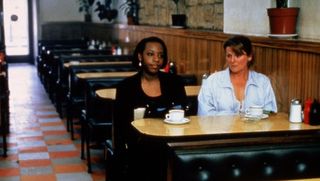
Leigh, a Cannes favourite, followed up Naked (for which he won Best Director) with a more conventional family drama about a black middle-class woman (Marianne Jean-Baptiste) searching for the mother who gave her up for adoption and when she finds her, it turns out to be a white middle-class mother (Brenda Blethyn) with her own family. Making use of Leighs method of forgoing a script in favour of workshopping characters, many of the directors regulars appear in supporting roles, including Lesley Manville and Timothy Spall.
1997: Taste Of Cherry (Abbas Kiarostami), The Eel (Shohei Imamura)

Kiarostami topped his trademark minimalism with the sombre tale of an anonymous mans struggle to find someone wholl bury his dead body. However, strangers arent quite so willing to help the man, even when offered money. The subject of suicide is also touched upon by Imamuri (who earlier won the prize for The Ballad Of Narayama), whose drama follows a murderer who, upon his release from prison, saves a woman from killing herself.
1998: Eternity And Day (Theodoros Angelopoulos)
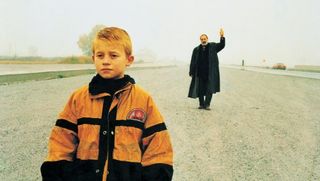
Struck by terminal illness, a Greek poet with his last few remaining days left alive rescues an Albanian boy wondering how he can make it across the border back home. It just so happens that the poet is able to find creative inspiration and sets about writing prolifically, with a renewed vigour.
1999: Rosetta (Jean-Pierre Dardenne, Luc Dardenne)
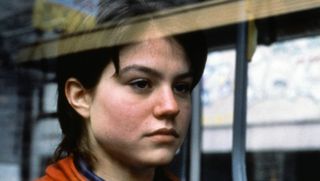
In their second film, the Dardenne brothers nailed a filmmaking style theyd continue to adopt: gut-wrenching, social realist stories that follow suffering characters with an over-the-shoulder camera angle. The Belgian duo cast milie Dequenne in her first ever acting role as the title character, a young woman caring for an alcoholic mother and trying to win back her job selling waffles. Told from Rosettas POV, the hardship she faced was so profound, it encouraged Belgium to raise the minimum wage for teens.
2000: Dancer In The Dark (Lars von Trier)
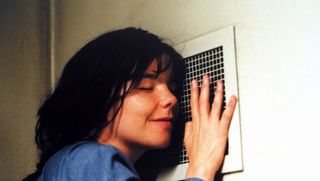
Rumour has it that production was so traumatic, Bjrk ran away from set to eat her cardigan. Thats probably false, but it speaks to the power of von Triers exploitative musical in which an immigrant in Washington loses her eyesight, is stolen from, and then unfairly sent to prison. Its a damning indictment of Americas justice system, complemented by surreal song sequences and the sense von Trier is mischievously toying with the audience.
2001: The Sons Room (Nanni Moretti)
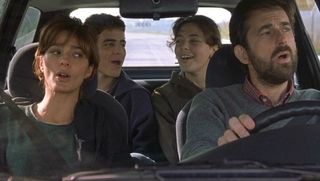
Moretti directs and stars as Giovanni, a middle-class Italian father with a cushy psychoanalyst career, a wife he loves, and a 17-year-old son with a promising future. However, when the son dies during a planned jog that Giovanni skipped at the last minute the heartbroken parents must come to terms with how to continue living their lives.
Sign up for the Total Film Newsletter
Bringing all the latest movie news, features, and reviews to your inbox
2002: The Pianist (Roman Polanski)
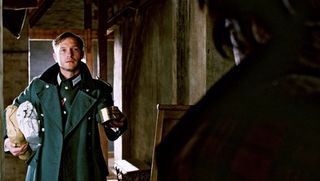
Polanski, pretty much a pro at claustrophobia, returned to form with his biopic of Wadysaw Szpilman, a Jewish pianist who hid in Warsaw during World War 2. With Adrien Brody in the main role, Szpilman witnesses his family snatched away by the police, and spends years finding shelter in an abandoned house he must survive on scraps and not letting neighbours know of his presence, which leads to the ultimate catharsis when he comes across a piano.
2003: Elephant (Gus van Sant)

Filmed not long after the 1999 Columbine shootings, Elephant spun its own interpretation of the massacre by not spinning much at all: instead of a deep psychological examination of the killers motives, van Sant establishes a human element for all involved. During most of the film, he deploys long tracking shots to dip in and out of the everyday lives of the students including the two gunmen who cross paths in the corridor, unaware of whats next.
2004: Fahrenheit 9/11 (Michael Moore)

Fahrenheit 9/11, the first documentary winner since 1956, was a topical attack on George Bushs regime: Moore accused the Bush regime and right-wing media of exaggerating the War on Terror to justify wars in Iraq and Afghanistan. The film received a 20-minute standing ovation, which is quite an achievement when you think about actually standing there and and clapping for that long unlikely now, given the new tradition of post-screening Twitter reviews.
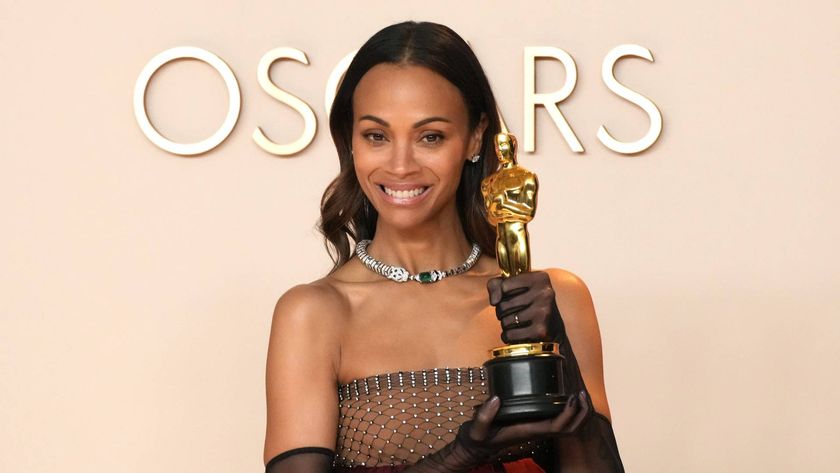
James Cameron responds to Zoe Saldaña's Oscar win: "I was so happy to see Zoe acknowledged as the world-class performer we, in the Avatar family, have always known her to be"
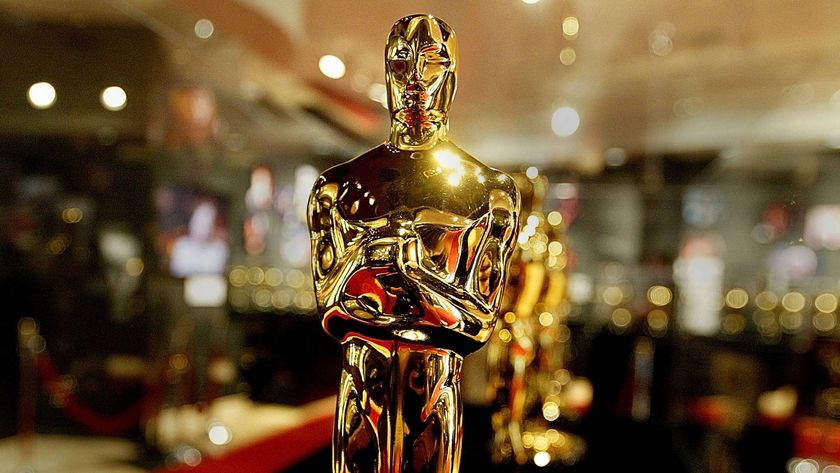
2025 Oscar winners in full: Anora wins big as The Brutalist and Wicked pick up multiple awards
